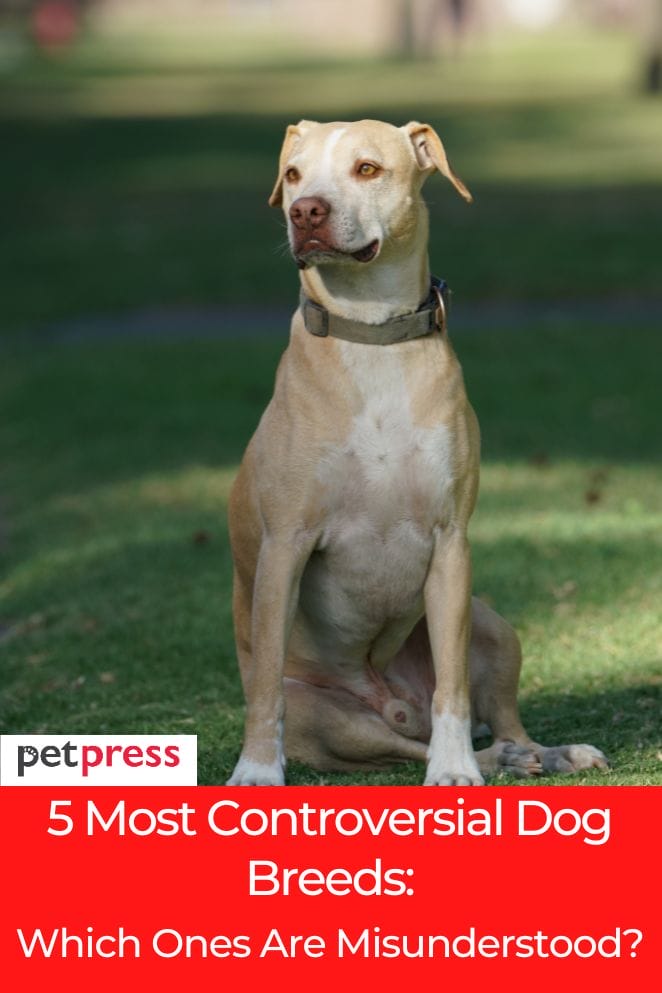
Dogs are often called “man’s best friend,” but some breeds come with more controversy than others.
Certain dog breeds are frequently portrayed as dangerous or aggressive, and they’ve faced breed-specific legislation and bans in various regions.
But are these concerns justified?
In this post, we’ll explore the most controversial dog breeds, uncover the facts behind their reputations, and discuss how to choose the right dog for your lifestyle.
5 Most Controversial Dog Breeds
Each of these breeds has made headlines for various reasons, primarily related to their perceived aggression.
Let’s take a closer look at each and separate fact from fiction.
Pit Bulls
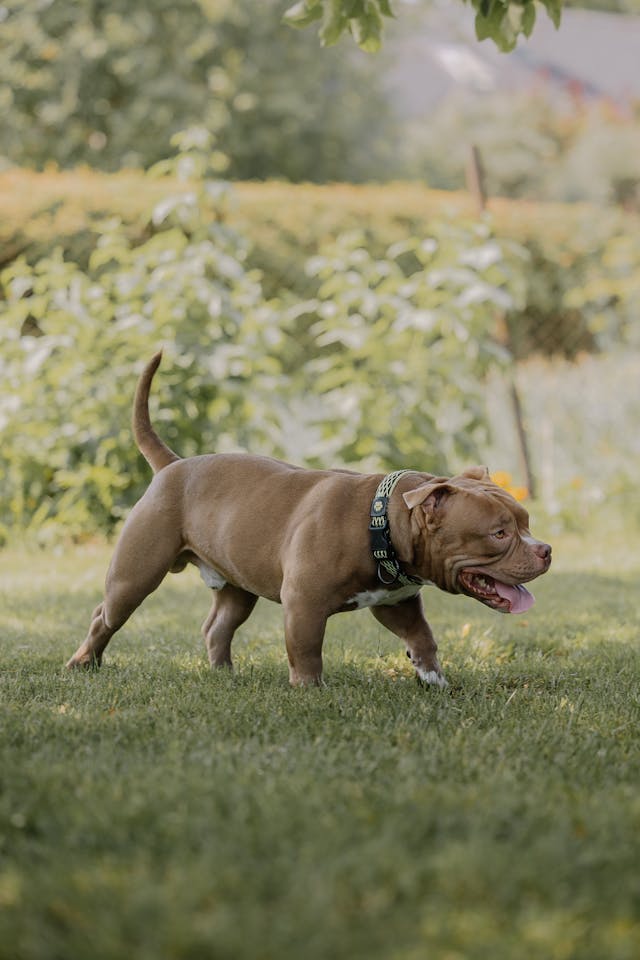
Pit Bulls are one of the most polarizing breeds.
Known for their muscular build and strength, they have been associated with aggressive behavior, largely due to their use in illegal dog fighting.
Despite their bad reputation, studies show that the breed’s behavior depends significantly on training and socialization.
According to a report from the American Temperament Test Society, Pit Bulls pass temperament tests at a rate of 86.7%, higher than some popular breeds like Golden Retrievers.
Proper training and socialization are key factors in preventing aggressive behavior.
Breed overview
| Characteristic | Details |
| Size | Medium (30-60 lbs) |
| Temperament | Loyal, strong-willed |
| Life Expectancy | 12-16 years |
| Common Issues | Aggression if not trained |
| Banned Areas | Some U.S. cities & counties |
Rottweilers
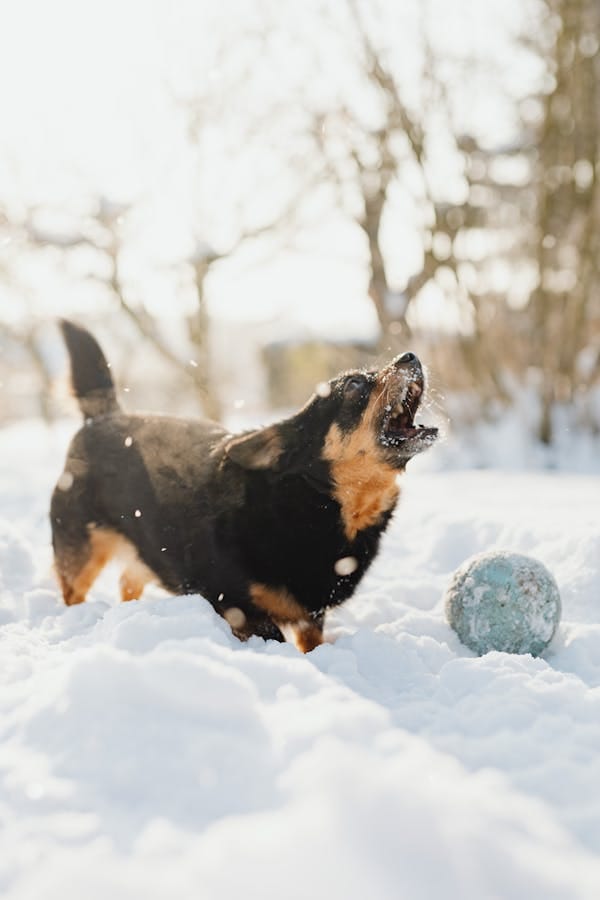
Rottweilers have a long history as working dogs, often used for herding and guarding.
While their imposing size and strength make them effective protectors, these traits also contribute to their reputation as dangerous.
Rottweilers require firm, consistent training from a young age.
Without proper guidance, they can become overly protective, leading to aggressive behavior.
However, studies suggest that Rottweilers trained in a nurturing environment tend to be loyal and affectionate companions.
Breed overview
| Characteristic | Details |
| Size | Large (80-135 lbs) |
| Temperament | Confident, protective |
| Life Expectancy | 8-10 years |
| Common Issues | Aggression without training |
| Banned Areas | Certain cities worldwide |
German Shepherds
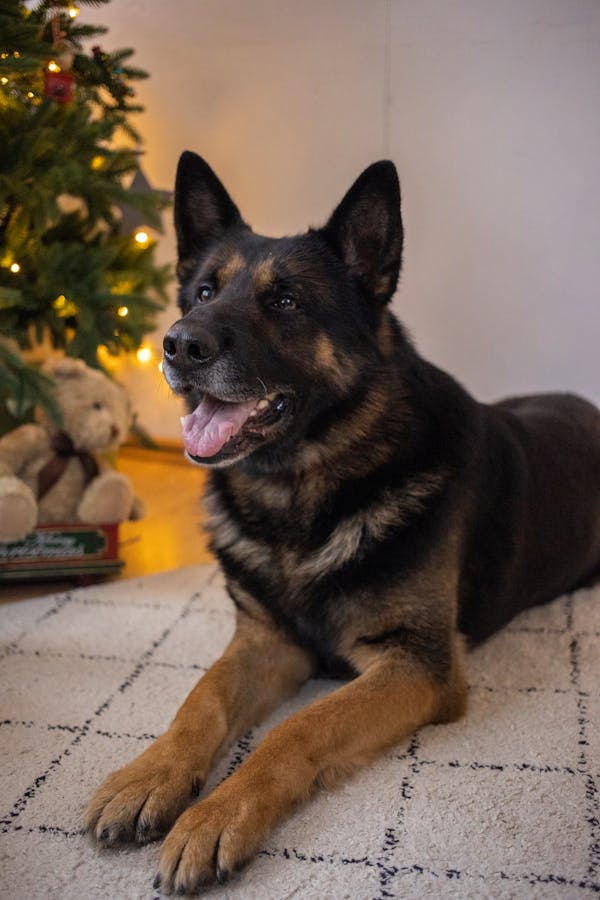
German Shepherds are known for their intelligence and versatility, often serving in police and military roles.
However, their protective nature can make them prone to aggression if not properly socialized.
German Shepherds have a strong desire to protect their families.
According to a study published in the Journal of Applied Animal Welfare Science, German Shepherds with inadequate socialization show higher tendencies toward aggression.
Ensuring they receive sufficient training and mental stimulation can help prevent these issues.
Breed overview
| Characteristic | Details |
| Size | Large (50-90 lbs) |
| Temperament | Intelligent, protective |
| Life Expectancy | 9-13 years |
| Common Issues | Aggression when not trained |
| Banned Areas | Some residential communities |
Doberman Pinschers
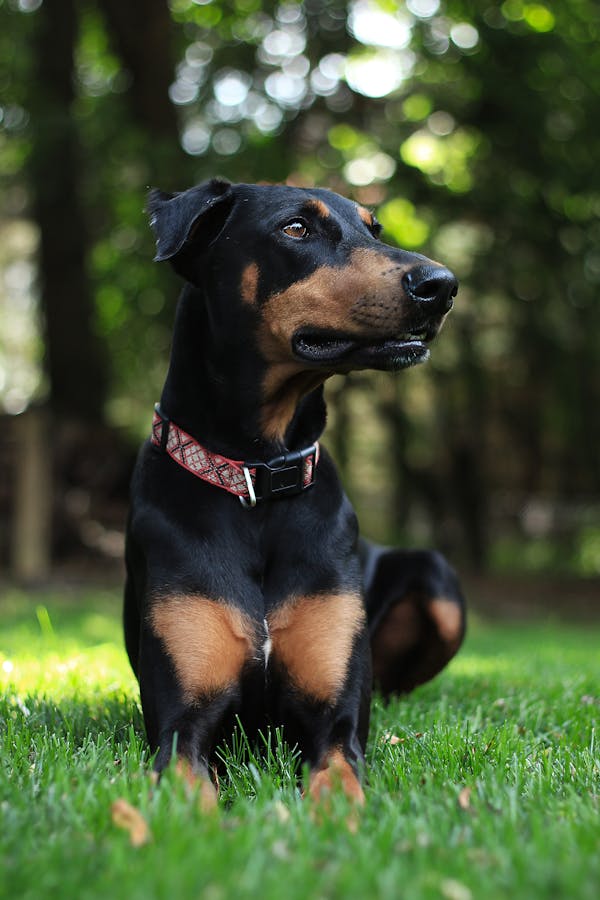
Dobermans are commonly associated with their role as guard dogs.
Their sleek, athletic build and alert nature contribute to their reputation as aggressive.
Dobermans were bred for protection, making them excellent guard dogs.
However, without proper socialization, they may become overly aggressive.
Studies indicate that Dobermans raised in positive, structured environments are less likely to display aggressive tendencies.
Breed overview
| Characteristic | Details |
| Size | Medium-Large (60-100 lbs) |
| Temperament | Alert, loyal |
| Life Expectancy | 10-12 years |
| Common Issues | Territorial aggression |
| Banned Areas | Restricted in some areas |
Siberian Huskies
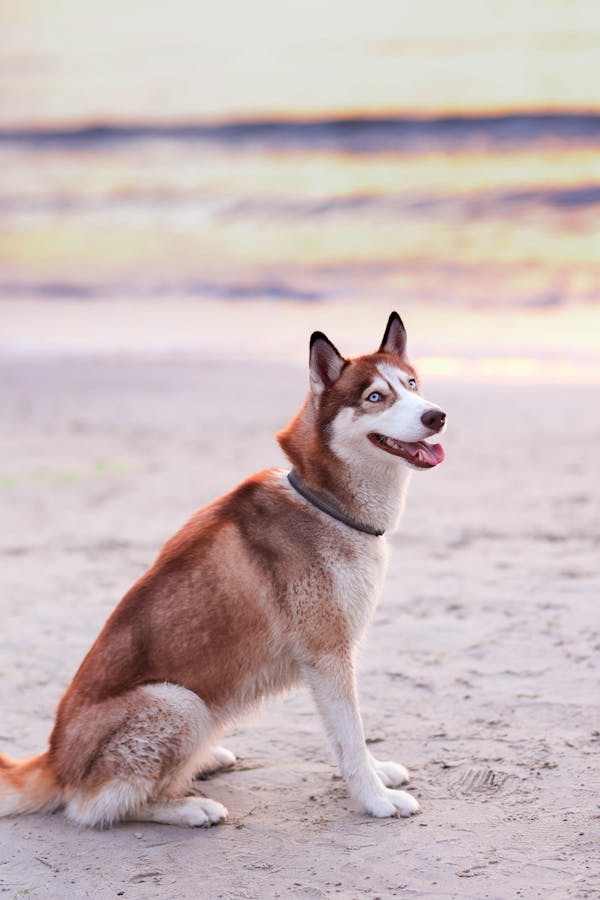
Although not typically thought of as aggressive, Siberian Huskies have faced controversy due to their high energy levels and prey drive.
Siberian Huskies are known for their friendly demeanor, but their prey drive can cause issues, particularly with small animals.
Their high energy levels also require plenty of exercise and stimulation.
Without this, they may become destructive or escape artists, leading to trouble in urban or suburban environments.
Breed overview
| Characteristic | Details |
| Size |
Medium (35-60 lbs)
|
| Temperament |
Energetic, independent
|
| Life Expectancy | 12-15 years |
| Common Issues |
Prey drive, escaping
|
| Banned Areas |
Rarely banned but restrictions exist
|
How to Choose the Right Dog Breed for Your Lifestyle
Choosing the right dog breed is crucial, especially when considering breeds that may have specific needs or require careful training.
Here are some important factors to keep in mind:
Activity level
Think about how active you are.
If you enjoy being outdoors and staying active, a breed like a German Shepherd or Husky might be a good match for you.
However, if you prefer a quieter lifestyle, these energetic dogs may not be the best fit.
Experience level
Some breeds, like Rottweilers and Pit Bulls, are better suited for experienced dog owners.
They require consistent training and structure, so it’s important to be confident in your ability to provide the guidance they need.
Space availability
Large breeds, such as Dobermans and German Shepherds, need plenty of space to move around.
If you live in a small apartment, consider whether you can provide enough exercise and room for them to thrive.
Training commitment
Certain breeds, especially those with protective or independent traits, need regular training and socialization.
Be ready to invest time and effort into training your dog to ensure they become well-behaved companions.
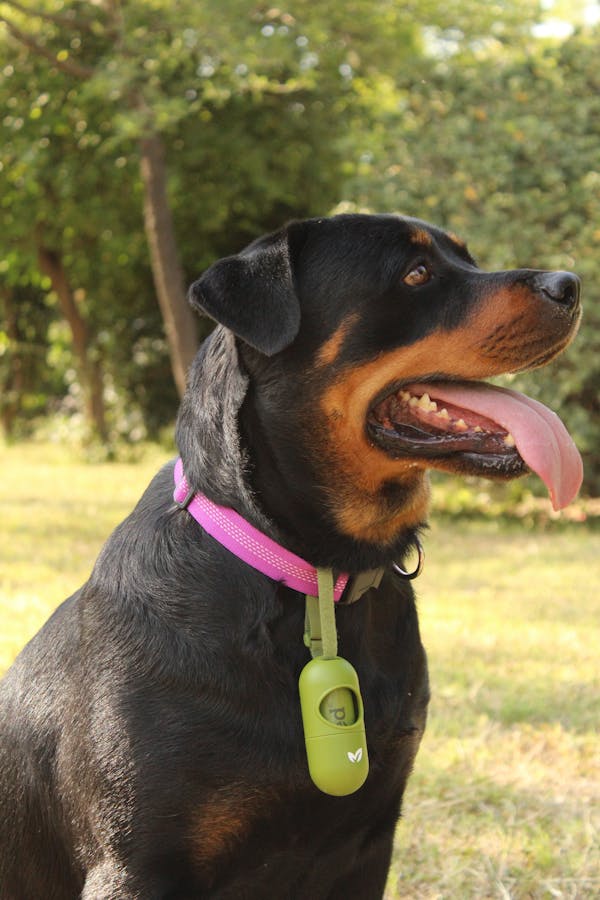
Final Thoughts
While some dog breeds may have gained negative reputations, it’s essential to understand that a dog’s behavior is usually influenced more by training and their environment than by breed alone.
With proper socialization, training, and care, you can reduce aggressive tendencies in any dog.
Before deciding on a dog, take a moment to reflect on your lifestyle, experience with pets, and your willingness to commit to training.
This thoughtful approach will help you find a dog that fits well with your home and family.
- Does Cat Litter Melt Ice? The Complete Guide to Winter Safety - January 30, 2026
- Happy Tail Dogs: Understanding This Common Canine Condition - January 29, 2026
- How Cold Can Outdoor Cats Handle? Feline Winter Safety - January 27, 2026


GIPHY App Key not set. Please check settings